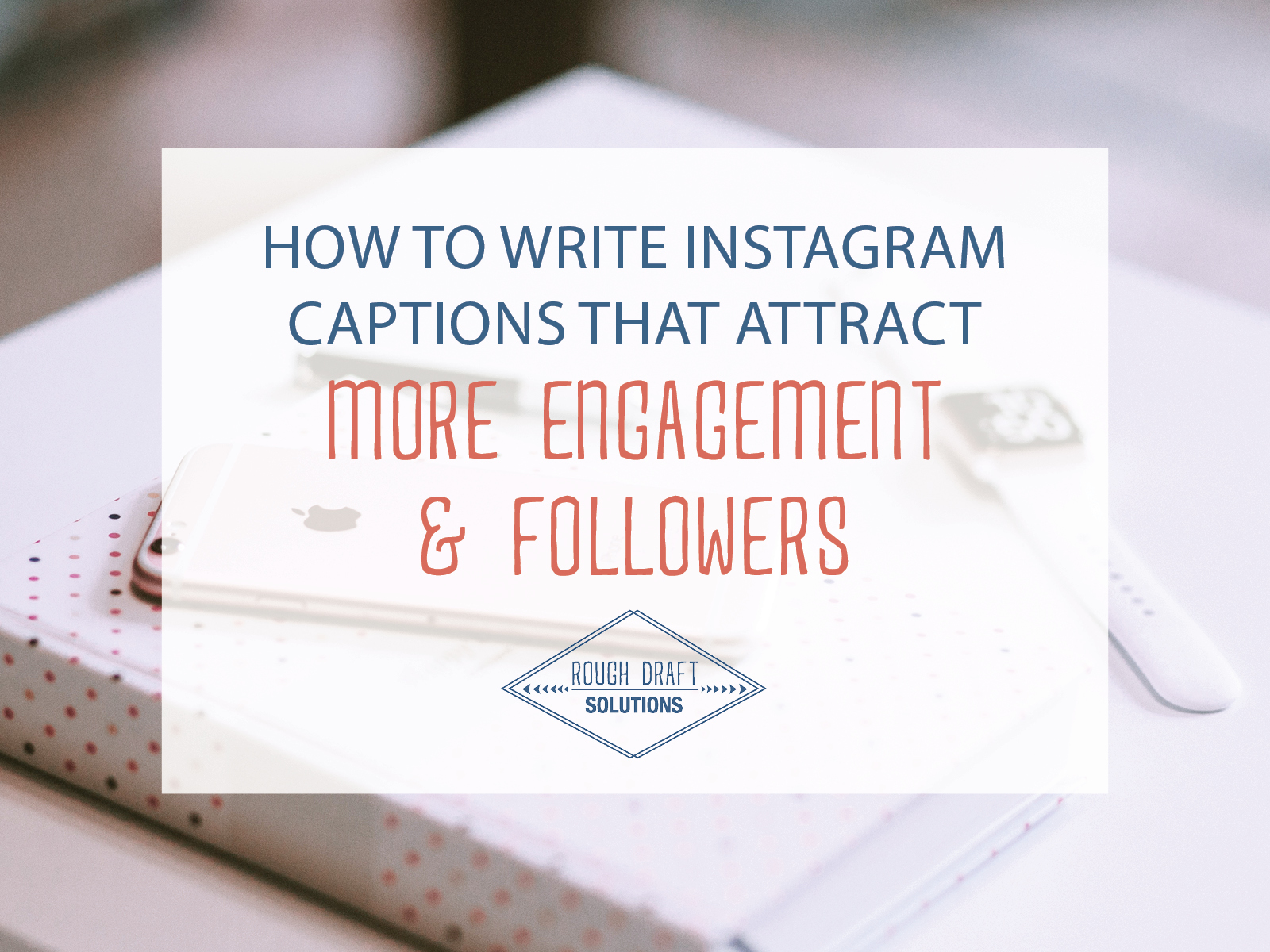“Avoid using the word very because it’s lazy. A man is not very tired; he is exhausted. Don’t use very sad, use morose. Language was invented for one reason, for boys to woo women--and in that endeavor laziness will not do.” - Robin Williams.
Even though our main goal as business owners and content writers is not to “woo women,” we believe Robin Williams was onto something here.
In writing, each word plays a crucial role in portraying your message. When you write, you lose the power of gestures, facial expressions, and body language. The strength of the words you choose is directly correlated with the message you convey to the reader. If you want to create a powerful and engaging piece, you must use language to its full potential.
Today, we are discussing why you need to stop using unnecessary words and start carefully selecting the words that will capture the essence of your message and resonate with your audience.
Wider vocabularies indicate professionalism
While it’s true you don’t want to overwhelm your customers with technical jargon they don’t understand; it’s also true that you want them to choose your company’s products and services over others. If you want your company to stand out among the bunch, your content should be captivating with a hint of sophistication.
Including words you use in spoken language such as very, actually, or really, lessens the professionalism of your brand and makes your content feel casual. (We admit, we have been caught by this trap ourselves!) The goal with your writing should not be to simply convey a message. When you consider the way you write, use words that will captivate, inspire, and intrigue your audience. Maybe you are writing about a complex software program, but that does not mean you have to use boring or technical words.
Communicate your message in a way that your readers will want to read –articulate your products value in a beautiful, clear, and well thought out way. You can tweak everyday language into something more intentional even if it’s simply changing “excited” to “thrilled.” Enhancing your language will help your team better depict the value of your products and services and will also improve the professional image of your company’s brand. You will simultaneously make the reading process infinitely more enjoyable for your audience.
Descriptive language evokes emotion from the audience
You may not be trying to “woo women” as Robin Williams said, but you are trying to impress and captivate your customers. Whether they are reading your blog, a product brochure, or your website, people will remember how you made them feel. Using strong, unique, and purposeful words in your content will evoke more emotion from your customers and will help them recall your business more easily.
Writing can become a tricky task because there are no external factors like body language to further express your message. The power lies in the words you choose. Describing your company using words like happy, sad, good, or nice will bore your customers. Instead, choose words that are rich, complex, and multi-layered like astounding, deluxe, and diminish. You are not required to put forth this extra effort in your writing, but it is worth it. Emotions are powerful and words are the gateway to your customers’ loyalty.
Feel stuck with your writing? Learn 5 ways to become a better business writer!
Shorter messages make for an easier read
Many readers skim articles and it only takes a few seconds for them to decide if they want to continue reading. Eliminating extraneous words allows your messages to be more succinct and easier to follow. Creating messages that are short and focused convey your message quickly and will be convenient for customers to read.
Sometimes, the length of your message isn’t up you. Formatting is merely one of the elements that can affect how many words you can include in a piece. Knowing how to communicate effectively puts you at an advantage in these circumstances. Ridding your writing of unnecessary words emphasizes and places more value on the words you do choose. Using powerful words that your customers can connect with will allow them to choose your company over others as a source of information. Avoid making your readers dig to find the key message buried in excessively wordy content. They already feel overworked. Instead, wrap your message in a pretty bow and deliver it on a silver platter.
You will be surprised at how much your writing improves from simply cutting out unnecessary jargon and using an advanced vocabulary. We love beautifully written content. Do you have any favorite sentences? Tell us by commenting below!
We hope this post was helpful! Have more questions about language and writing?






























